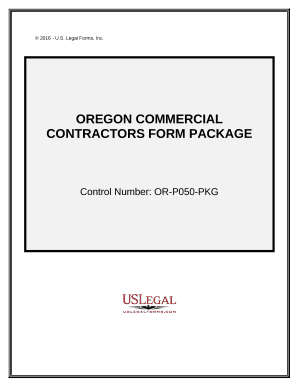
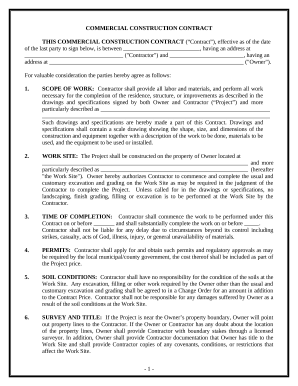
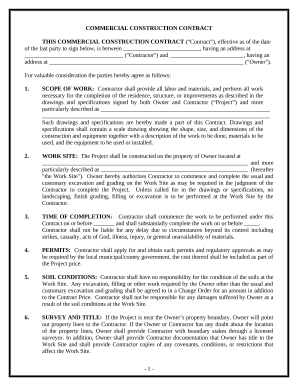
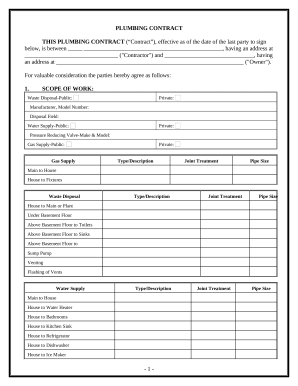

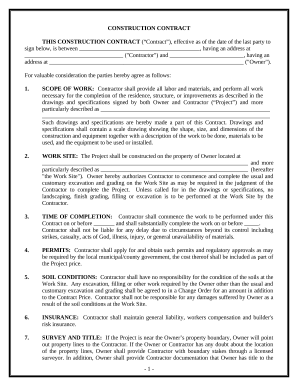
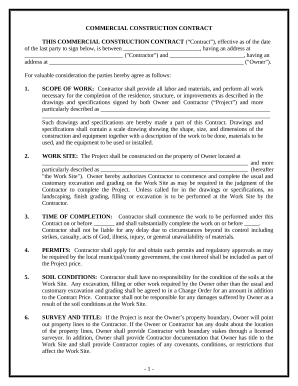
Your workflows always benefit when you can locate all the forms and files you require at your fingertips. DocHub supplies a wide array of documents to ease your everyday pains. Get a hold of Business Contracts for Construction category and quickly find your document.
Start working with Business Contracts for Construction in several clicks:
Enjoy effortless file managing with DocHub. Discover our Business Contracts for Construction online library and find your form right now!